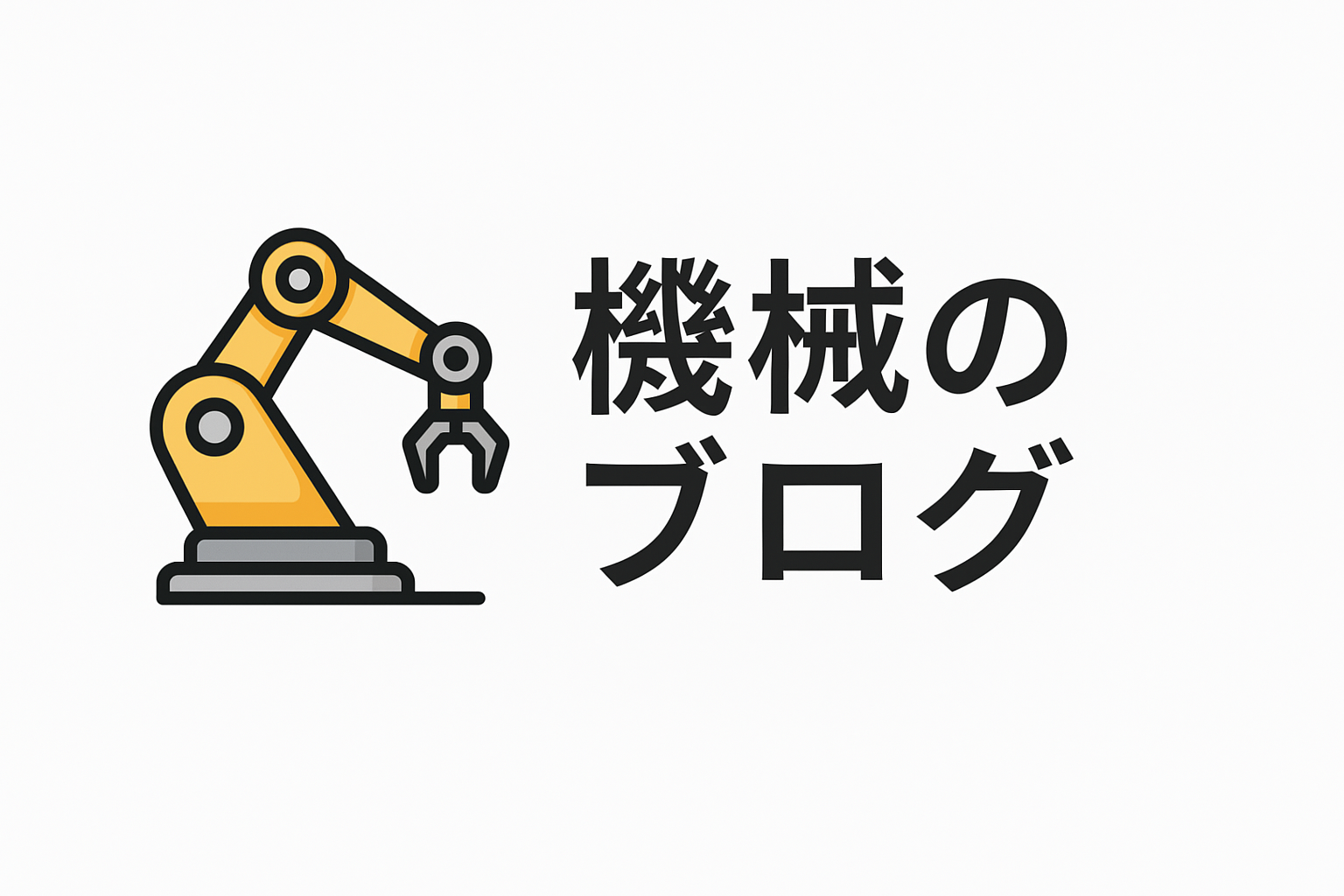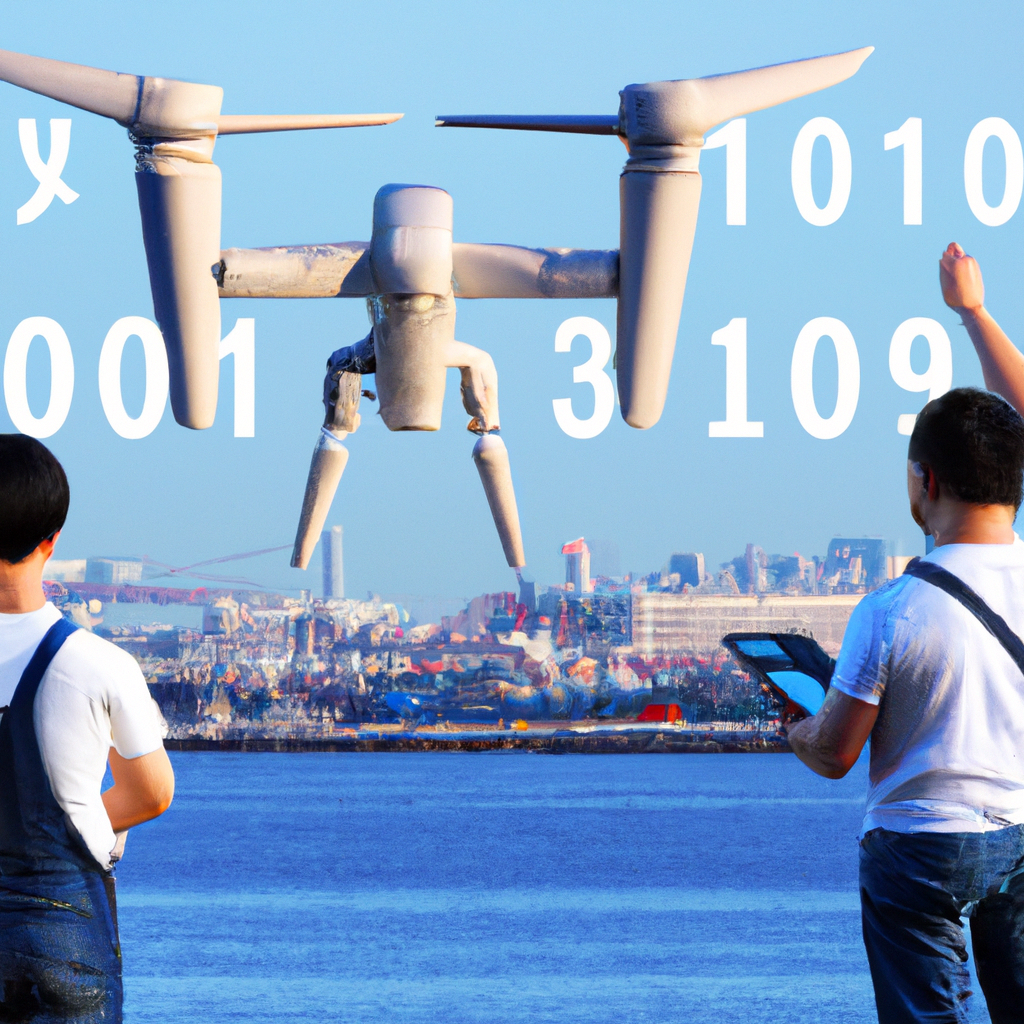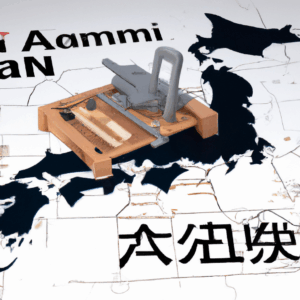Exploring AI Innovation in the Future of Manufacturing
The manufacturing industry is on the brink of a revolutionary transformation, fueled by the rapid advancements in artificial intelligence (AI). With AI’s ability to enhance efficiency, reduce costs, and improve product quality, it is no wonder that manufacturing professionals are keenly exploring its potential. This article delves into the innovative ways AI is reshaping the manufacturing landscape, offering insights into its current applications and future prospects.
Section 1: AI in Manufacturing – An Overview
Artificial intelligence is no longer just a futuristic concept; it is becoming an integral part of modern manufacturing processes. AI technologies, including machine learning, deep learning, and computer vision, are being harnessed to optimize production lines, predict equipment failures, and improve supply chain management. The integration of AI in manufacturing not only enhances operational efficiency but also paves the way for intelligent decision-making and strategic planning.
Currently, AI is being used to automate routine tasks, reduce human error, and ensure consistent quality control. By analyzing vast amounts of data, AI systems can identify patterns and anomalies that might be missed by human operators. This capability is crucial in maintaining high standards of product quality and minimizing wastage, thereby contributing to sustainable manufacturing practices.
Section 2: AI-Driven Predictive Maintenance
One of the most significant impacts of AI in manufacturing is in the realm of predictive maintenance. Traditional maintenance strategies often lead to unexpected downtime, which can be costly for manufacturers. AI-driven predictive maintenance systems use machine learning algorithms to analyze data from sensors and identify potential equipment failures before they occur.
This proactive approach allows manufacturers to schedule maintenance during non-peak hours, reducing downtime and extending the life of machinery. Predictive maintenance not only saves costs but also improves safety, as potential hazards are identified and addressed before they pose a risk to workers. As AI technology continues to evolve, its predictive capabilities are expected to become even more accurate and reliable.
Section 3: Enhancing Quality Control with AI
Quality control is a critical aspect of manufacturing, and AI is playing a pivotal role in enhancing it. Traditional quality inspection methods can be time-consuming and prone to human error. AI-powered vision systems can inspect products with high precision and speed, ensuring that only those meeting the strictest quality standards proceed through the production line.
These systems use deep learning algorithms to detect defects and inconsistencies that might be invisible to the human eye. By continuously learning from new data, AI systems can adapt to changes in products and processes, making them more effective over time. This adaptability is crucial in industries where product specifications and standards frequently change.
Section 4: AI-Powered Supply Chain Optimization
The supply chain is the backbone of manufacturing operations, and optimizing it is key to achieving operational efficiency. AI is transforming supply chain management by providing real-time insights and predictive analytics. These capabilities allow manufacturers to anticipate demand fluctuations, manage inventory levels, and optimize logistics.
AI algorithms can analyze data from various sources, such as market trends, weather patterns, and consumer behavior, to predict demand accurately. This information enables manufacturers to adjust production schedules and inventory levels accordingly, reducing the risk of overproduction or stockouts. Additionally, AI can streamline logistics by optimizing routes and reducing transportation costs, thereby enhancing overall supply chain efficiency.
Section 5: The Future of AI in Manufacturing
The future of manufacturing is undoubtedly intertwined with the continued advancement of AI technology. As AI systems become more sophisticated, their applications in manufacturing are expected to expand further. One promising area is the development of autonomous manufacturing systems, where machines can operate independently, making decisions based on real-time data and learning from their environment.
Furthermore, AI is set to play a crucial role in the customization of products. With the rise of consumer demand for personalized products, AI can enable manufacturers to offer tailored solutions efficiently. By analyzing consumer preferences and production capabilities, AI systems can facilitate mass customization without compromising on cost or quality.
Another exciting prospect is the integration of AI with the Internet of Things (IoT). This combination can create smart factories where interconnected devices communicate seamlessly, leading to more responsive and adaptable manufacturing processes. These smart factories can optimize resource usage, minimize waste, and enhance production flexibility, making them a cornerstone of Industry 4.0.
Conclusion
AI innovation is ushering in a new era for the manufacturing industry, offering unprecedented opportunities for efficiency and innovation. From predictive maintenance and quality control to supply chain optimization and beyond, AI is reshaping manufacturing processes and setting the stage for a future where intelligent systems drive growth and competitiveness.
Manufacturers who embrace AI technologies are likely to gain a significant competitive edge, positioning themselves at the forefront of the industry. As AI continues to evolve, its transformative impact on manufacturing will only grow, making it an essential tool for navigating the challenges and opportunities of the future.
In conclusion, the integration of AI into manufacturing is not just an option but a necessity for those looking to thrive in an increasingly competitive market. By leveraging AI’s capabilities, manufacturers can enhance productivity, improve quality, and create more sustainable and resilient operations, paving the way for a brighter and more innovative future.


